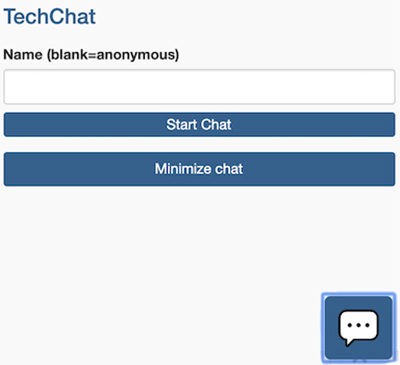Kevin McCoy
On Wednesday, March 11, Governor Cuomo declared that all SUNY colleges and universities transition to an a primarily online format by March 19. SCCC closed for spring break the following Sunday. This meant that both classroom and non-classroom faculty needed to change modalities in one week. College administration realized that this was an impossible task and extended the spring break an additional week. While faculty were extremely grateful to have the additional week to prepare, it was still a monumental undertaking to become an online college in two weeks. As classroom faculty scrambled to transition their classes to online learning, non-classroom faculty were left in limbo. Non-classroom faculty that were scheduled to work during spring break continued to come to work in an increasingly dangerous environment. As the virus spread, their concerns increased. Governor Cuomo finally issued the “New York State on PAUSE” executive order which resulted in the college only allowing essential workers on campus. The FA leadership had three priorities during this unsettled period. While the college was open, we wanted to make sure that non-classroom faculty worked in a safe environment, and we tried to convince administration to close the campuses. While we did not want our members on campus, we wanted to make sure that our students and classroom faculty had access to resources and service that non-classroom faculty provide. Finally, we wanted to make sure that both full-time and adjunct non-classroom members would not be harmed by the campus closures. What followed was a remarkable collaboration between faculty and administration. College leadership assured the union that non-classroom faculty would be given the opportunity to either work out an arrangement with their area administrators to work from home or ask to be reassigned. Non-classroom faculty worked with academic chairs and area administrators to create tools that provided access to their resources, while providing an opportunity for faculty to work from home. Finally, some non-classroom departments worked collaboratively to integrate their resources to create a robust online learning environment. Since non-classroom areas provide an array of services, there was not a one-size-fits-all solution. Faculty from various departments and lab PAs are using a variety of different online tools to communicate with students, faculty and staff, including online forms, email, Blackboard, video conferencing and the good old-fashioned telephone. A directory of SCCC’s educational resources can be found in "Important info for spring & summer online courses." One interesting collaboration that took place was between the librarians and the academic computing center faculty. The campus libraries have been using a variety of online tools for many years: LibGuides (an online publishing platform), LibAnswers (a knowledge base of frequently asked questions) and LibChat (a tool that facilitates chat sessions between librarians and students). Librarians and campus educational technology unit (ETU) faculty worked together to create TechChat, which uses the LibChat platform. Librarians created a separate queue for the academic computing centers, and Joshua Palmeri from information tech services placed the TechChat widget on the academic computer center’s webpage. Johanna Boutcher was the project lead for the campus ETUs, and ETU members did an incredible job learning the product and hitting the ground running when classes resumed on March 30. One of the added benefits of this collaboration is that librarians and ETU faculty can transfer chats between departments, depending on the student’s question. The FA thanks the ETU faculty who came in when the campuses were closed to configure 400 laptops that were made available to students without access to computers. We also want to thank Deborah Provenzano, who was able to get a local business to donate some of these laptops. These efforts will enable many students to complete the semester. Finally, the FA also thanks the essential staff who keep our campuses operating while we are at home. We recognize that coming to work puts your health at risk and we appreciate your sacrifice. We can’t wait to see you when we reopen. |
